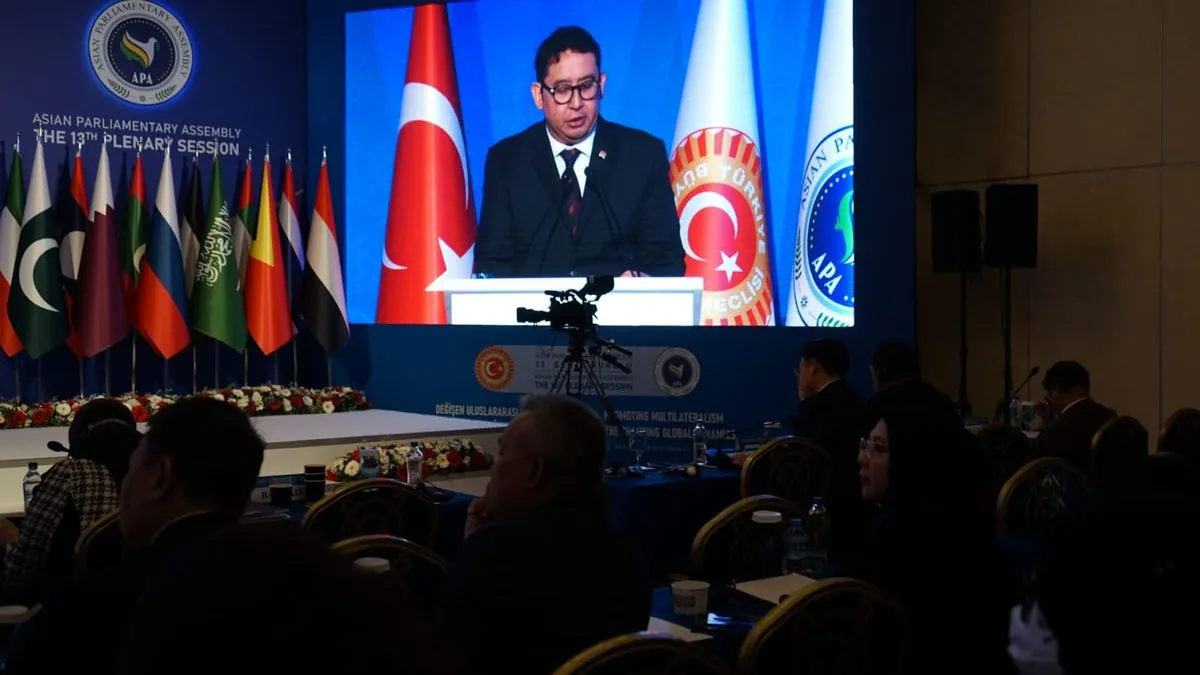In a significant development for Indonesia's political landscape, the country's election body has secured parliamentary approval to implement new rules addressing recent public outcry. These regulations, aligned with demands from protesters, come in response to concerns over attempts by allies of outgoing President Joko Widodo to alter eligibility requirements in their favor.
The new rules, endorsed by the parliament on August 25, 2024, adopt a decision made by the Constitutional Court earlier that week. They maintain the minimum age of 30 for candidates at the time of nomination and include provisions to simplify party nomination processes. Mochammad Afifuddin, the acting chief of the election body, expressed gratitude for the expedited consultation process, noting that it would provide more time to prepare for the upcoming nomination process for regional leader candidates.
This policy shift has significant implications for potential candidates in the upcoming regional elections. It opens the door for Anies Baswedan, Prabowo Subianto's rival in the recent presidential election, to potentially run for Jakarta governor again, a position he held from 2017 to 2022. Conversely, it precludes Kaesang Pangarep, the 29-year-old son of President Widodo, from participating in the regional polls.
The government, represented by Law Minister Supratman Andi Agtas, has pledged to expedite the process of issuing the new regulations. This commitment comes as the labor party plans another protest, demanding swift action from the election body.
"We are thankful that we can speed up (the consultation process with parliament), as it will give more room for us to prepare the nomination process."
These developments unfold against the backdrop of Indonesia's complex political landscape. As the world's largest archipelagic state with over 270 million inhabitants, the country faces unique challenges in maintaining democratic processes across its diverse regions. The recent protests highlight the ongoing struggle to balance political interests and ensure fair representation in a nation with over 700 indigenous languages and a rich cultural tapestry.
The upcoming transition of power from Joko Widodo to Prabowo Subianto in October 2024 adds another layer of complexity to the situation. Widodo's popularity and influence played a crucial role in Subianto's decisive victory in the February 2024 election, raising questions about the outgoing president's continued political stake after leaving office.
As Indonesia navigates these political waters, it continues to grapple with broader issues such as corruption, economic development, and environmental conservation. The country's ranking of 96th out of 180 in Transparency International's 2023 Corruption Perceptions Index underscores the ongoing challenges in governance and transparency.
The implementation of these new election rules represents a critical juncture in Indonesia's democratic journey, reflecting the nation's efforts to adapt its political system to the evolving needs and demands of its diverse populace.
